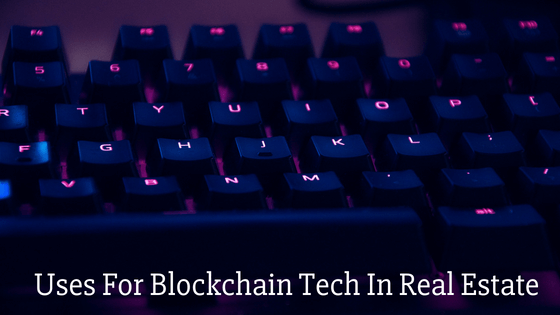Much of the news covering blockchain technology looks at financial applications. Among common discourse, this has made cryptocurrency and blockchain almost synonymous. It is important to understand the differences between them. Some industries will look at blockchain tech differently than others.
Blockchains are Databases
There is a close relationship between blockchain and cryptocurrencies. Blockchain are like digital ledgers. Cryptocurrencies are the digital coins, or tokens, involved in a digital transaction. Blockchain serve as a database to record those transactions. It is less commonly known that blockchain databases are being used to store an increasing amount of information.
Shared Databases in Real Estate
Blockchains do not just provide a cryptographically secure platform for digital transactions. Their ability to both store and share information makes them ideal for industries with overrun logistical problems. Unlike current security methods, cryptography increases accessibility because unique keys solve security issues involved with passwords.
The mathematical algorithms involved in blockchain provides a neutral medium to store real estate information. Property lines that divide towns, counties, states, and nations become less problematic. This makes a true nationwide real estate database possible. Blockchain technology also makes it more accessible to all the parties involved. The ultimate result is increased opportunities for collaboration in the real estate industry.
Problems with Current MLS
The multiple listing service (MLS) is riddled with inefficiency. Its current practices are far behind the technological innovations of many other industries. Its database is well-known to be fragmented and title information is still secured by local resources. Unless one is a real estate professional, obtaining property information becomes an unnecessarily laborious chore.
Benefits of Blockchain for Nationwide Real Estate Database
It is astonishing how blockchain technology can transform the real estate industry. Almost overnight, it can solve the problems of a fragmented industry that is riddled with inefficiencies and security issues. However, blockchain offer the real estate industry many unforeseen benefits as well.
Building a cryptographic secure database would also impact transactions, property titles, accessibility, and overall efficiency. Accessing information about deals and title storage become instantaneous. This both speeds and reduces error in property management. Third parties relinquish control to the people actually involved in a deal. Blockchain technology offers a peace of mind that cannot be overstated.

